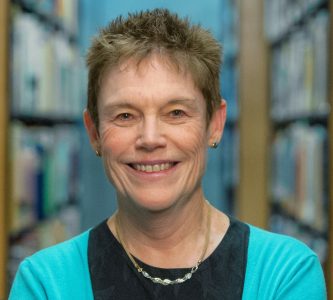
Maclean’s 2019 University Rankings Magazine
By:
December 3, 2018
My parents were not wealthy and never went to university. It was therefore necessary for me to learn to navigate the many cultural practices of university life through trial and error. I was surprised when one student, who came from a wealthy family, was given a generous financial scholarship, while I was holding down two jobs and working around the clock. I gathered up the courage to ask him how he knew about the scholarship. Without a moment’s hesitation, he said, “I make it my business to find out.” I have never forgotten this lesson on the relationship between human agency and access to knowledge and opportunity. We need to make it our business to “find out”—not only about scholarships and financial aid, but the way human possibility is socially and historically constructed, both locally and globally, and how we can achieve a more equitable world through sharing access to knowledge and power.
Link to full text.